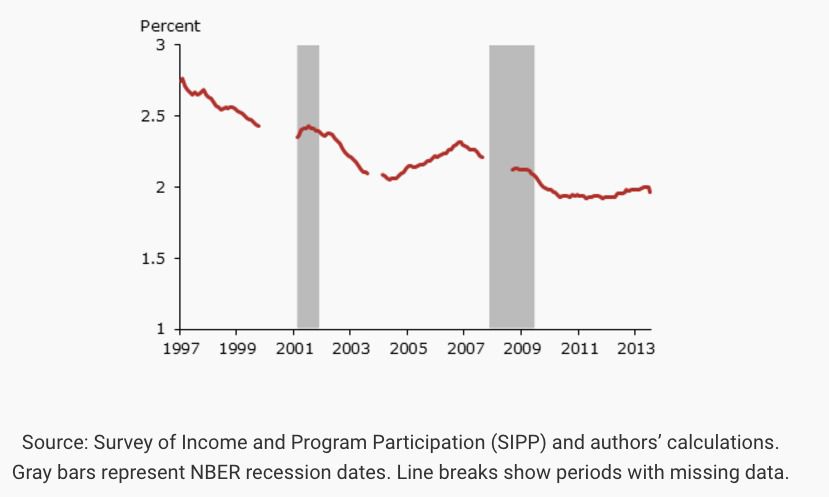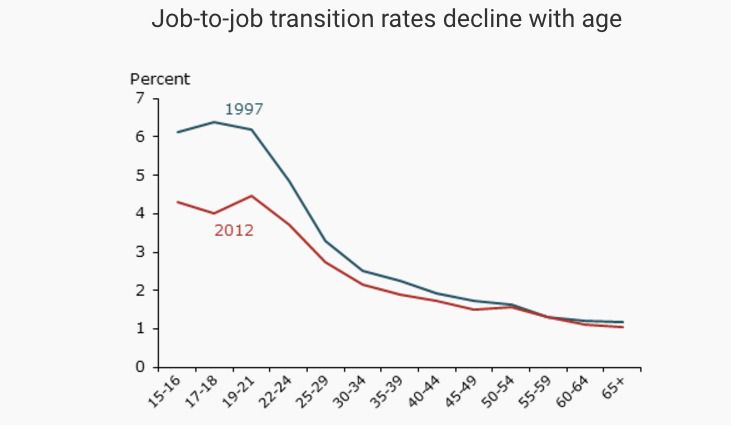When will tech solve the real problems, critics ask? … Assuming that this complaint is sincere, it nonetheless misses the point. What are “real” problems? … It’s a convoluted way of saying that the author wants to deputize Google, Facebook, Apple, and other tech companies to solve social problems.
Tech critics should be very careful what they wish for when they say that they wish that tech companies would tackle the “real” problems. What they are asking for is for tech companies to engineer solutions to social problems, and in particular they are asking for the top-down engineering of solutions to social problems by experts, bureaucrats, scientists, and engineers. This rational design process does not generally improve intractable social problems in flawed systems and if anything is the source of new problems.
a key characteristic of many social problems is a basic disagreement about what to measure and how to measure it.
it is also amusing that the call for the tech world to save us occurs at a time of popular panic over artificial intelligence. … There is a danger from a superintelligent, hyper rational, paperclip optimizing artificial intelligence. … Actually, it’s already taken control. … Yes, dear reader, I speak of the federal government.
…
The bureaucratic dimension of technical rationality can be considered a kind of artificial superintelligence, at least because most of people’s nonsensical fantasies of superpowerful, superintelligent, and hyper-rational beings tend to describe what already exists in large, impersonal bureaucracies. The pathologies of technical rationality are in fact the nightmare scenario that Musk and Hawking so fear.
The manner in which tech makes a difference or deals with a hard problem is important, and the mere fact that some tech company or funding agency for a technical project is tackling a hard problem that matters does not inherently make it a Good Thing (TM).
Source: The Manhattan Project Fallacy

